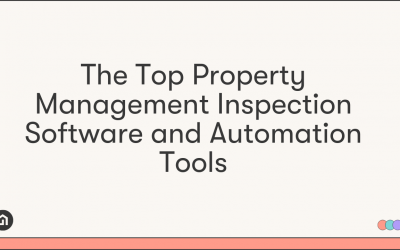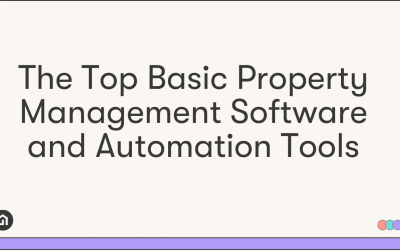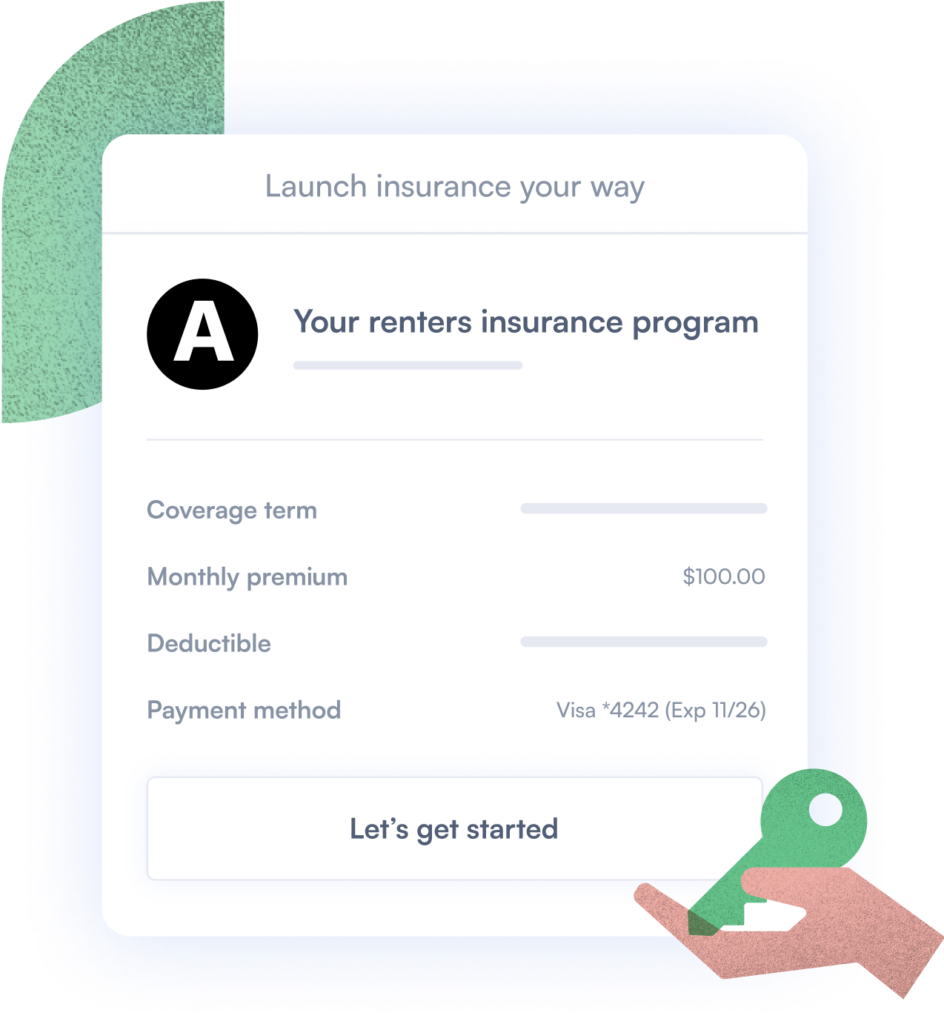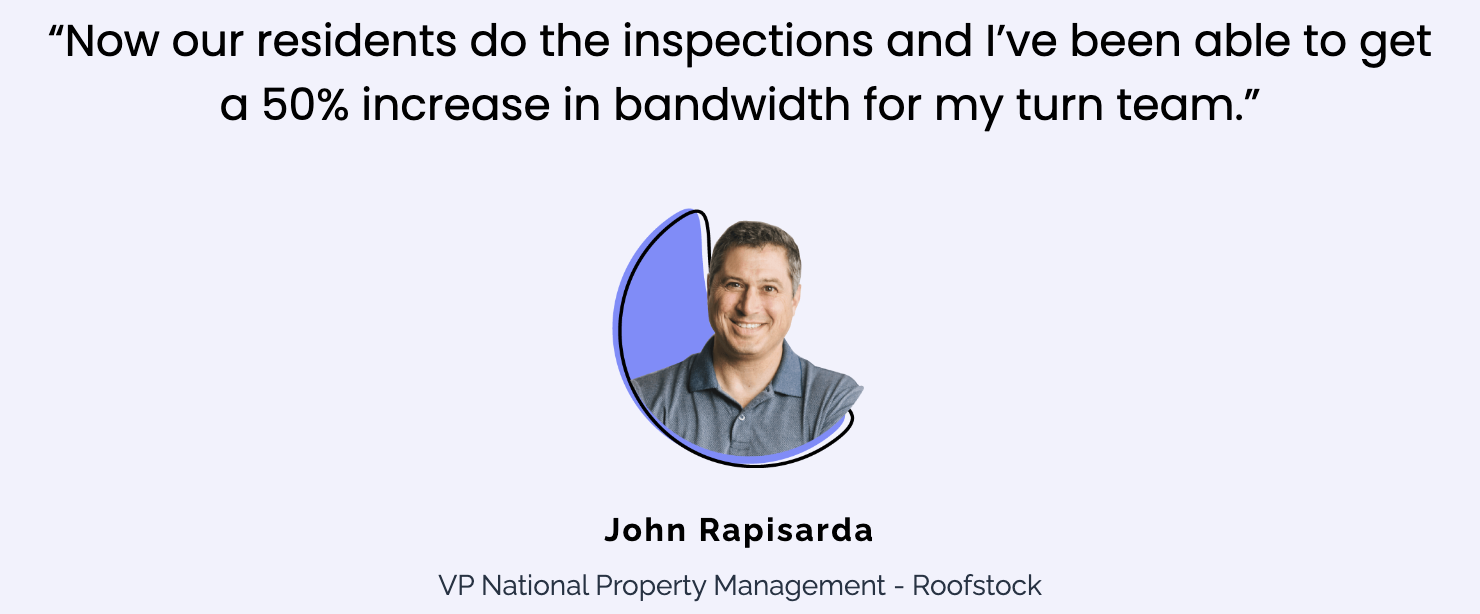Is it Cheaper to Buy or Rent?
There are some hard and fast metrics you can use to ACTUALLY know if it is cheaper to buy than to rent in your MSA. Would you guess that it is cheaper to own in 17 out of the 33 largest major metro areas?
Buying is more affordable than renting when homebuyers are able to:
- Put 3.5 percent down on the property, often with help of down payment assistance programs.
- Meet eligibility requirements for those down payment assistance programs
- Qualify for a loan for a median-priced (or less expensive) home
- Cover mortgage insurance costs, which vary by loan
That’s a short list, but it says a lot about skyrocketing rent prices in those areas. So what are the top 5 locations to buy vs. rent? Here they are:
- Miami: Buying averages 32% of income, while renting averages 42% of income.
- Detroit: Buying averages 14.5% of income, while renting averages 21.5% of income.
- Chicago: Buying averages 22% of income, while renting averages 27.5% of income.
- Philadelphia: Buying averages 16.5% of income, while renting averages 21% of income.
- Tampa: Buying averages 23% of income, while renting averages 28% of income.
Get the full list of MSAs and calculations here.
Home values are skyrocketing at the fastest pace since 2006
Median home values increased 8.7% on average nationwide from April 2017 to $215,600, according to a new report from real-estate website Zillow ZG, -0.14%That represents the faster pace of acceleration since June 2006 — right before the start of the housing crisis that triggered the Great Recession — when they rose 9% annually.
San Jose’s values rose 26% from last year to a median value of $1.26 million. The next highest was Las Vegas with 16.5% appreciation and Seattle with a 13.6% uptick.
Marketwatch has the full analysis.
Interviewing a New Tenant
Nathan Miller writes about the tricky parts of interviewing for new tenants in his recent biggerpockets post. Putting a quality tenant into your rental home is one of the hardest things to do, and it is arguably the MOST important thing to do in order to retain your rentals value and protect your bank account.
After a quick scroll through landlord forums, you may think twice about renting your home when you see some of the damages and costs landlords need to flip the bills for when poor quality tenants leave. At the same time, you need to make sure you’re screening tenants in accordance with The Fair Housing Act. It was created to make sure all applicants are treated equally, so it is important to familiarize yourself with some of its points.
Here are the 4 things you should always bring up in a tenant interview:
- Income and employment.
- Number of occupants.
- Credit check approval. (Want a $5 credit report? Check out our friends at Finret.)
- Eviction history.
Here are 4 things to always AVOID in an interview:
- Questions that violate the Fair Housing Act.
- Marital and parental status.
- Arrest record.
- Haphazard background checks.
“Success is not final; failure is not fatal: It is the courage to continue that counts.”
— Winston S. Churchill
















